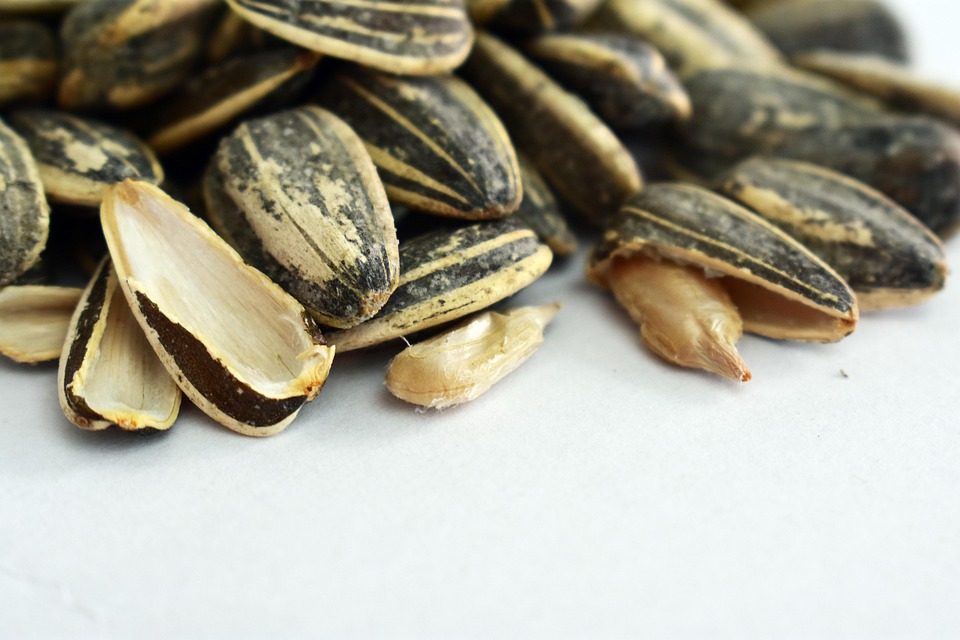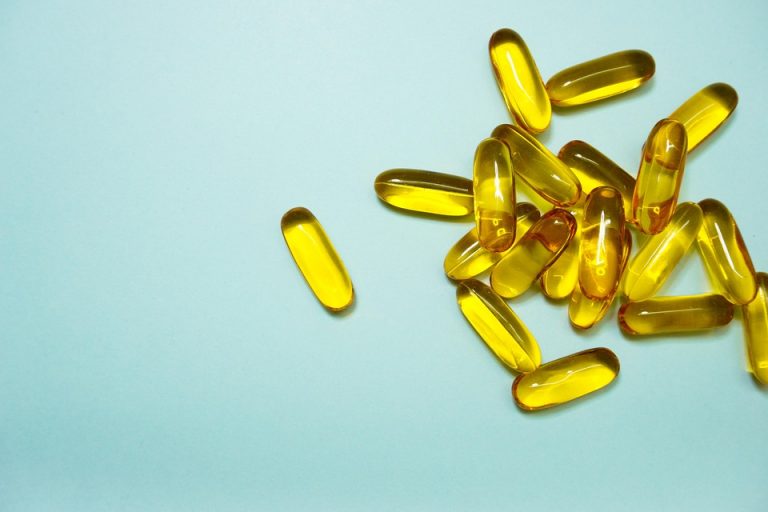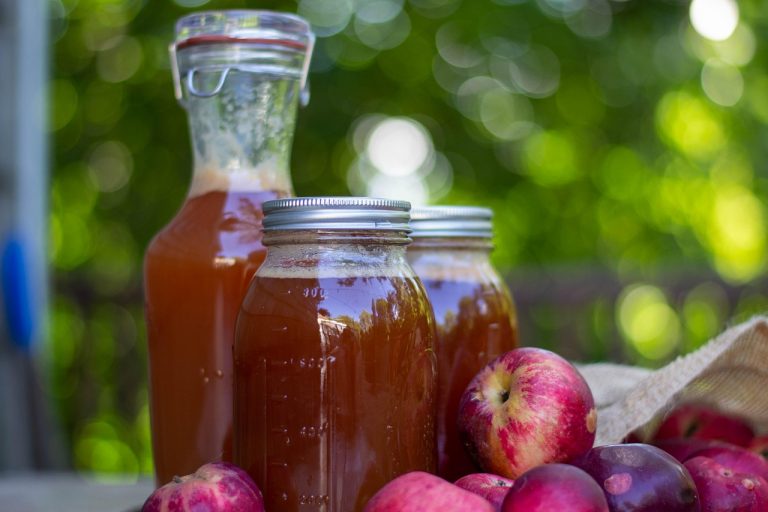5 Reasons Sunflower Seeds Boost Muscle Health Naturally
Midday slump meets your favorite mug, and as you reach for that snack, consider a handful of sunflower seeds instead of the usual suspects. Small yet mighty, these seeds may pack more than just flavor—they could play a significant role in your muscle health. But what makes them stand out in the crowded field of nutrition? Here’s a closer look at five compelling reasons why incorporating sunflower seeds into your diet can benefit your muscles and overall well-being.
Contents
1. Rich in Protein
When it comes to muscle health, protein is non-negotiable. Essential for muscle repair and growth, protein helps you recover from workouts and build lean mass. Sunflower seeds boast a respectable protein content—approximately 6 grams per ounce. This makes them an excellent protein source for athletes and casual gym-goers alike.
A study published in the American Journal of Clinical Nutrition highlighted that protein consumption post-exercise can significantly enhance muscle synthesis, especially when paired with a regular workout regimen (Phillips, 2012). While sunflower seeds should not be the sole protein source—think of them more as a complementary addition—integrating them into your snacks or meals can enhance overall protein intake and support recovery.
2. Packed with Healthy Fats
Not all fats are created equal, and sunflower seeds are teeming with healthy fats, particularly unsaturated fats. These fats play a crucial role in reducing inflammation and supporting overall hormonal balance, which is essential for muscle recovery. The presence of omega-6 fatty acids, while often discussed in moderation, can help maintain optimal cell function when consumed within a balanced diet.
Research in the Journal of Nutritional Biochemistry found that incorporating unsaturated fats into the diet positively influenced muscle recovery post-exercise (Baker et al., 2018). However, it’s worth noting that moderation is key. While sunflower seeds are healthy, they are also calorie-dense, so keeping portion control in mind ensures that you reap the benefits without overindulging.
3. Vitamin E Powerhouse
Vitamin E is a powerful antioxidant that plays a protective role in the body, particularly for muscle health. It helps combat oxidative stress, which is crucial after hard workouts that can generate free radicals. Sunflower seeds are among the richest sources of vitamin E, with an ounce providing nearly 80% of the recommended daily allowance.
A study in Free Radical Research elaborated on how antioxidants like vitamin E help in muscle repair and recovery by minimizing cellular damage (Beckman et al., 2003). Again, while sunflower seeds can significantly contribute to your vitamin E intake, they shouldn’t replace other antioxidant-rich foods in your diet. Think of them as part of a diverse and colorful plate rich in fruits and vegetables.
4. Minerals for Performance
Muscle health is not just about protein and fats; essential minerals also play a vital role. Sunflower seeds are a good source of magnesium, phosphorus, and copper—all crucial for muscle contraction and energy production. Magnesium, in particular, has been linked to muscle function and its deficiency can lead to cramping and fatigue during workouts.
Research featured in the Journal of the American College of Nutrition illustrated that magnesium supplementation may improve muscle function, particularly in athletes (Coyle, 2001). Incorporating sunflower seeds into your post-workout snacks can help replenish these minerals naturally, supporting better performance and recovery.
5. Mood Booster and Stress Reducer
While not directly related to muscle health, the psychological aspect of fitness cannot be overlooked. Stress can negatively impact your body, including how effectively your muscles recover. Sunflower seeds contain tryptophan, an amino acid that helps the body produce serotonin, often dubbed the “feel-good” hormone. This can lead to improved mood and decreased stress levels.
The connection between mental health and physical performance has been the subject of investigation, with numerous studies linking lower stress levels to enhanced athletic performance (Hoffman et al., 2014). While munching on sunflower seeds won’t replace stress management techniques, they can certainly contribute to a more balanced emotional state, making it easier to stick to your fitness goals.
Conclusion
Incorporating sunflower seeds into your diet can provide a multitude of benefits for muscle health, from being a protein-rich snack to supporting recovery and reducing oxidative stress. They are not a magical solution, but rather a valuable addition to a balanced diet filled with various nutrients from whole foods. As with any dietary choice, moderation is key, and it’s beneficial to maintain a diverse diet to support overall health and muscle function.
FAQs
1. How should I incorporate sunflower seeds into my diet?
You can snack on them raw or roasted, sprinkle them onto salads or oatmeal, or blend them into smoothies for added texture and nutrition.
2. Can sunflower seeds help with weight management?
Yes, when eaten in moderation, their healthy fats and protein can help you feel full longer, potentially reducing overall calorie intake.
3. Are there any downsides to eating sunflower seeds?
While nutritious, sunflower seeds are calorie-dense. Overconsumption can lead to weight gain easily, so keep portion sizes in check.
4. Is it better to eat sunflower seeds raw or roasted?
Both forms have their benefits. Raw seeds retain more nutrients, while roasting can enhance flavor. Just be cautious with added salts or oils in roasted varieties.
References
-
Phillips, S. M. (2012). Protein Requirements and Supplementation in Strength Sports. American Journal of Clinical Nutrition, 95(1), 105-115. URL: https://academic.oup.com/ajcn/article/95/1/105/4576953
-
Baker, L. B., et al. (2018). The Role of Unsaturated Fat in Recovery from Exercise. Journal of Nutritional Biochemistry, 52, 8-14. URL: https://www.sciencedirect.com/science/article/pii/S0955286317303910
-
Beckman, K. B., et al. (2003). Antioxidants and Muscle Recovery: The Role of Vitamin E. Free Radical Research, 37(7), 713-721. URL: https://www.tandfonline.com/doi/abs/10.1080/10715760310001643554
-
Coyle, E. F. (2001). Effects of Magnesium on Muscle Performance. Journal of the American College of Nutrition, 20(6), 495-505. URL: https://www.ncbi.nlm.nih.gov/pubmed/11773438
-
Hoffman, M. D., et al. (2014). Mental Resilience and Physical Performance: A Review. Psychological Bulletin, 137(4), 651-694. URL: https://psycnet.apa.org/journals/bul/137/4/651
Get Your FREE Natural Health Guide!
Subscribe now and receive our exclusive ebook packed with natural health tips, practical wellness advice, and easy lifestyle changes, delivered straight to your inbox.





